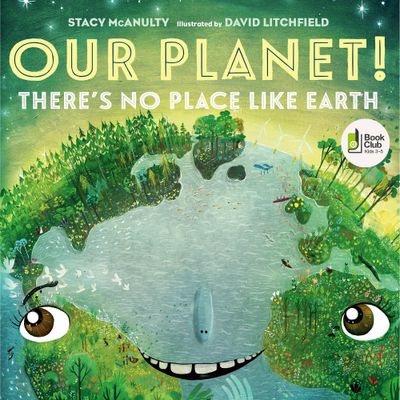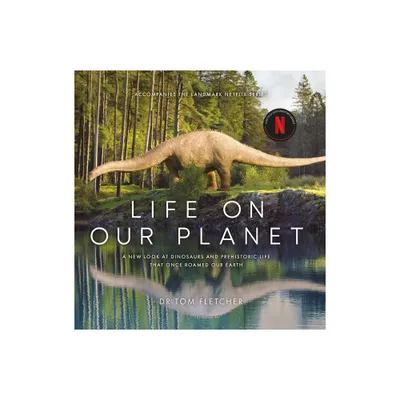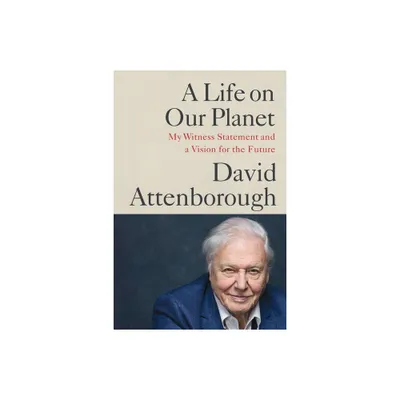Home
Half-Earth: Our Planet's Fight for Life
Loading Inventory...
Barnes and Noble
Half-Earth: Our Planet's Fight for Life
Current price: $19.99


Barnes and Noble
Half-Earth: Our Planet's Fight for Life
Current price: $19.99
Loading Inventory...
Size: Audiobook
*Product Information may vary - to confirm product availability, pricing, and additional information please contact Barnes and Noble
"An audacious and concrete proposal…
Half-Earth
completes the 86-year-old Wilson’s valedictory trilogy on the human animal and our place on the planet." —Jedediah Purdy,
New Republic
In his most urgent book to date, Pulitzer Prize–winning author and world-renowned biologist Edward O. Wilson states that in order to stave off the mass extinction of species, including our own, we must move swiftly to preserve the biodiversity of our planet. In this "visionary blueprint for saving the planet" (Stephen Greenblatt),
argues that the situation facing us is too large to be solved piecemeal and proposes a solution commensurate with the magnitude of the problem: dedicate fully half the surface of the Earth to nature. Identifying actual regions of the planet that can still be reclaimed—such as the California redwood forest, the Amazon River basin, and grasslands of the Serengeti, among others—Wilson puts aside the prevailing pessimism of our times and "speaks with a humane eloquence which calls to us all" (Oliver Sacks).
Half-Earth
completes the 86-year-old Wilson’s valedictory trilogy on the human animal and our place on the planet." —Jedediah Purdy,
New Republic
In his most urgent book to date, Pulitzer Prize–winning author and world-renowned biologist Edward O. Wilson states that in order to stave off the mass extinction of species, including our own, we must move swiftly to preserve the biodiversity of our planet. In this "visionary blueprint for saving the planet" (Stephen Greenblatt),
argues that the situation facing us is too large to be solved piecemeal and proposes a solution commensurate with the magnitude of the problem: dedicate fully half the surface of the Earth to nature. Identifying actual regions of the planet that can still be reclaimed—such as the California redwood forest, the Amazon River basin, and grasslands of the Serengeti, among others—Wilson puts aside the prevailing pessimism of our times and "speaks with a humane eloquence which calls to us all" (Oliver Sacks).


















